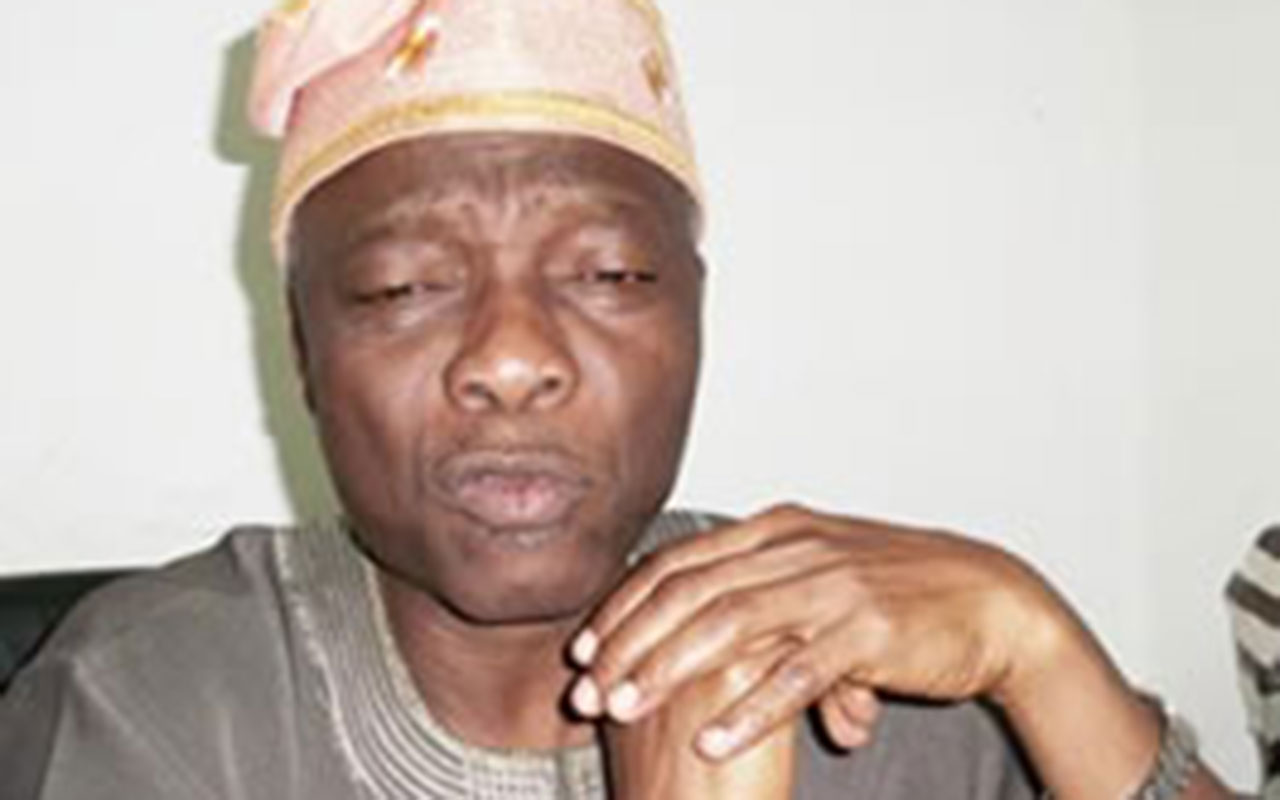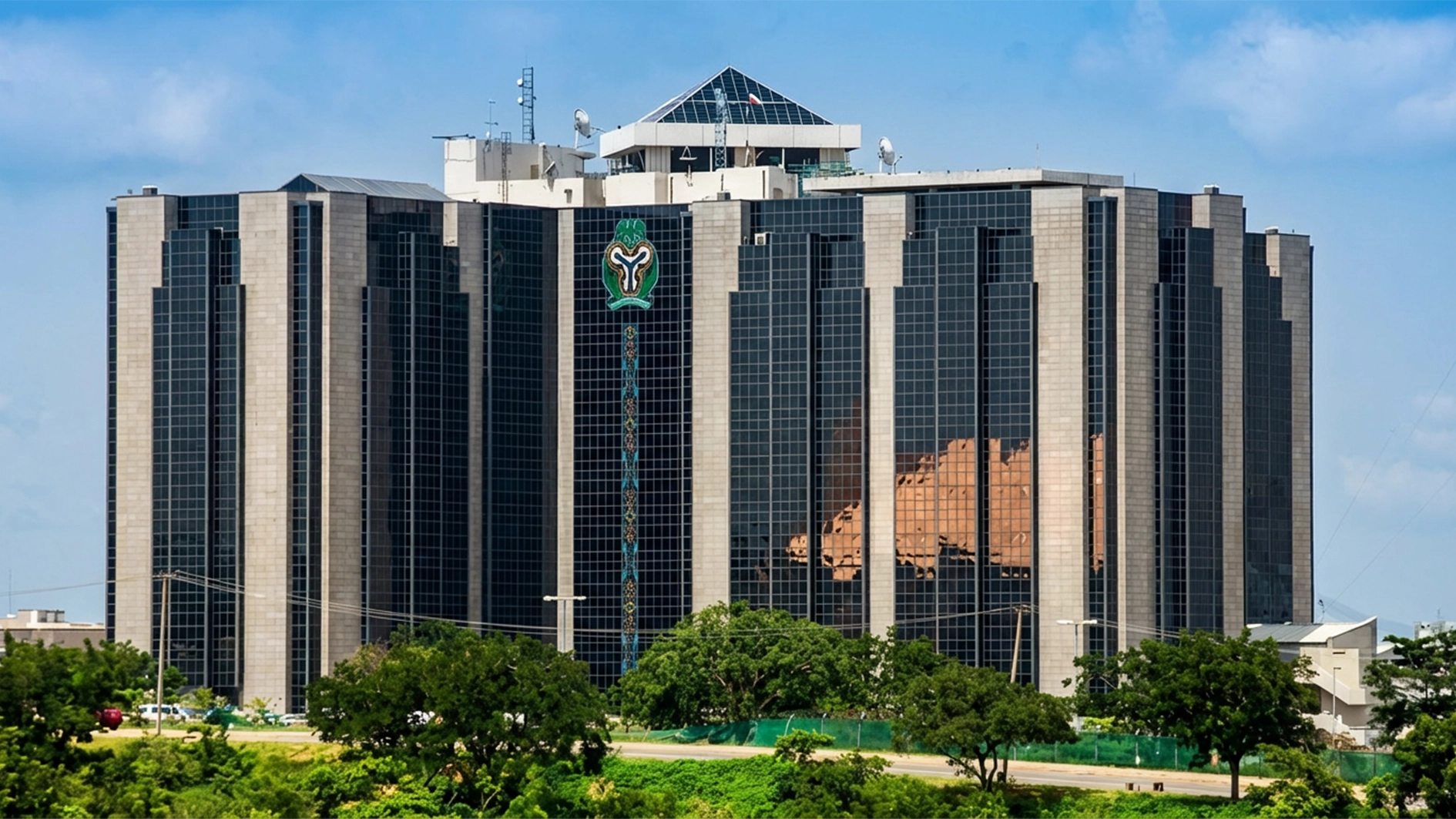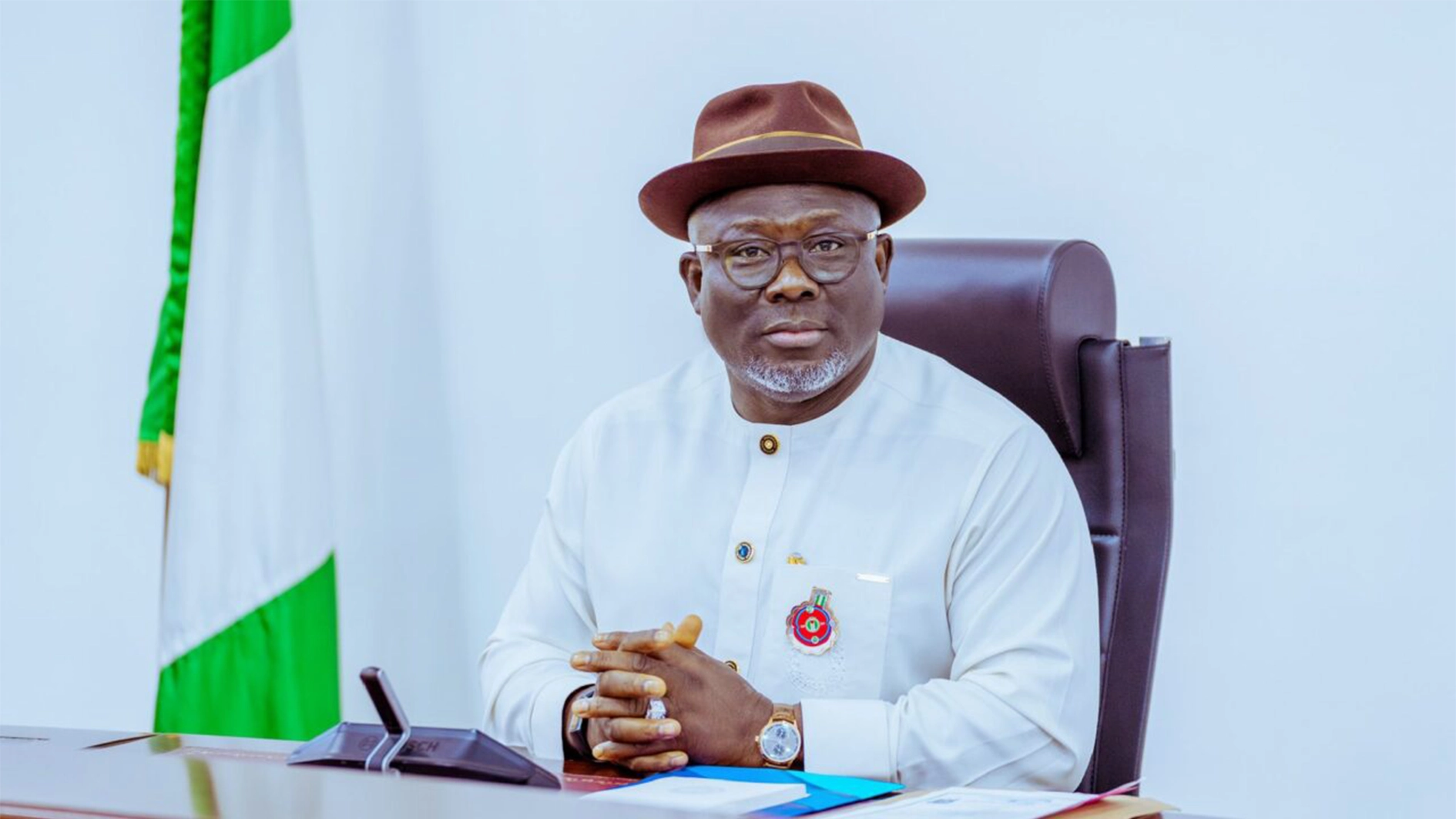 The National Chairman of Afenifere Renewal Group (ARG) and former House of Representatives member, Olawale Oshun, who recently marked his 74th birthday, spoke with AZEEZ OLORUNLOMERU on the state of the nation, importance of parliamentary system of government and other sundry issues.
The National Chairman of Afenifere Renewal Group (ARG) and former House of Representatives member, Olawale Oshun, who recently marked his 74th birthday, spoke with AZEEZ OLORUNLOMERU on the state of the nation, importance of parliamentary system of government and other sundry issues.
What is your take on the state of the nation?
No doubt, these are very difficult times and cumulatively, the building of the crisis started from 1999. And successive governments since then have been complicating issues with things getting worse with the last regime of President Muhammadu Buhari.
However, it is not as if the crisis that we do have now is committed single-handedly by one person but it got built up over time. I am of the opinion that there is greater need to focus on resolving the entire crisis.
Insecurity is another issue bedeviling the country, how did we get to where we are now?
The issue of insecurity started gradually from the North East and spread across the country. Even the south west that used to be relatively calm can no longer claimed to be innocent because farmers are unable to go to farms with the consequence for food security. So things have built up, but it must be resolved since we have a government now and the government needs to makeup his minds regarding ending the insecurity firmly.
Look at the issue of the recent kidnapped school children in Kaduna and the discrepancies that follows the actual figure of the children kidnapped. Also, were the kidnappers or the terrorist overwhelmed or on what bases were the kidnapped children released. All these are what the public needs to know so as to help provide long term solutions.
If the terrorists were overwhelmed, it should be something the security agencies or nation should talk about but if they paid a ransom, then it means that we are still in the woods and there are difficult days ahead.
Nigerians have been clamouring for restructuring, do you also share their thought?
Restructuring is so essential for a country that is diverse as Nigeria, we can no longer pretend that we are one people; we are not.
To that extent, you must have autonomy in terms of governance, whether it is facial policy, economy, political as well as security. There must be full autonomy to the nationalities and the federating units. Forget what they call it ,if it is restructuring or not people must continue to asked themselves that when we had regionalism, why was it possible for growth and development to take place simultaneously. Today, you can talk about increased Gross Domestic Product (GDP) that does not trickle down to the ordinary citizens.
Some Nigerians have asked that we jettison presidential system of government for parliamentary system, do you subscribe to that?
Certainly, parliamentary system is the best, but because of who we are and the culture, whatever form of government you are practicing, it must relate to your culture and then keep nurturing the culture. Our culture is of the nature that the presidential system cannot work.
What we have been seeing are demigods parading the streets as elected officials, legislators and governors, and that has to do with culture. But when you have parliamentary system, it is a government of near equals, if you are premier or prime minister; you can remove your minister but cannot remove him from legislative seat and by the virtue of whom we are, it is best to go into parliamentary system of government.
Do you think implementing the Oronsaye Report will help reduce the cost of governance?
Actually, the changes ought to have happened in the last eight to ten years since the report was written, but fundamentally, it is essentially about the cost of governance and cost of governance does not deals only with merging institutions but also deals with applications of funds using them efficiently and diligently, including managing assets of government in a rational way.
The Oronsaye Report is about merger of many agencies but the merged agencies can still be a waste of resources. What to look at is, how efficiently can we reduce the cost of governance and that should start with the present occupant, looking at the wages, allowance they allocate to themselves.
When the first civilian government came in 1979, many of us were not interested in government appointment or political appointment because we felt that the best was to go out there whether in private sector or public sector to serve, but reverse is the case nowadays. A professor wants to be a local council chairman because he knows that the local council budgets is huge than the 35 years he has spent in the service.
As it is today, can we say there is crisis in governance?
Actually, there is no government or governance that is free of crisis, even in stable environment like in the United Kingdom or the United States. Look at the way Joe Biden is handling the issue of Gaza and Israeli war and that of Donald Trump prosecution. You will agree with me that within his government, there is some kind of crisis. And in any government where decisions are taken to favour one side or disfavour another, such government will have crisis. But what we should runway from is to have perpetual crisis, particularly economic and political crisis. Things that tend to dispose people and things that make them be at loggerhead with one another that’s the kind of crisis we are talking about.
How can crisis in governance been solved?
Reducing impunity, allowing the laws to take its course and the structure of governance, that is, the constitution has to be really worked out to allow full autonomy to the federating units. When I say federating units, am talking about nationalities because they are the federating units in the true sense, they must have full autonomy to run the affairs of their people.
What is your take about local council autonomy?
We need to make up our mind if we are running federalism, we are federal, and as a central government, you can only have only one inter-face apart from the central government. You have the central government and the federating units. In fact, it is because it is a disingenuous method of wanting to reach out and manipulate others that is why we are enlisting local councils in the constitution, ordinarily it shouldn’t be.
The state should have the powers by themselves to decide whether they want to run a local council and how their local councils will be and that is why the states presently are working against the local council autonomy because once they have autonomy, whoever is in-charge in Abuja can actually destabilised the country.
As it is now, the states need to make up their minds to what they want to for their local councils in terms delivery.






